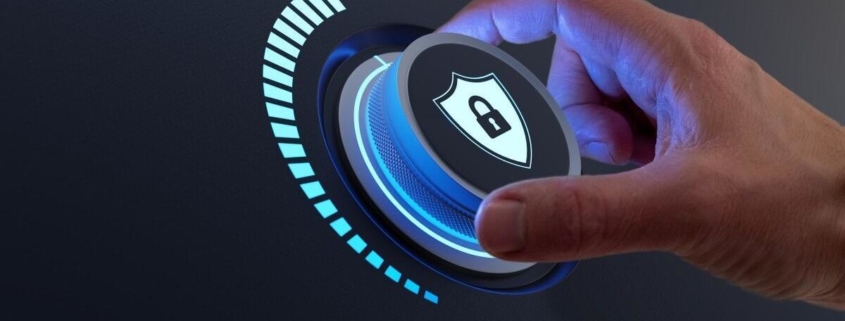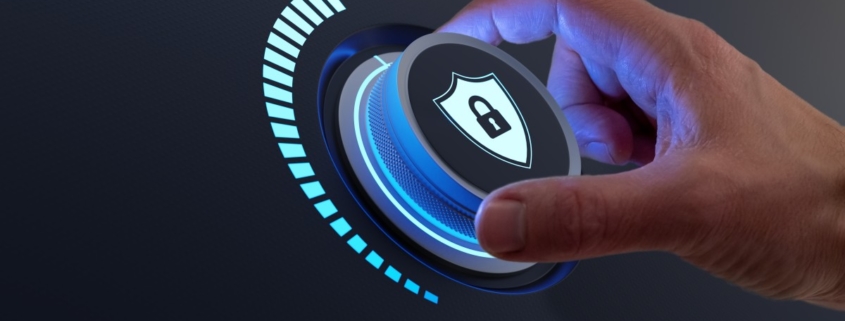Change Healthcare’s stolen ‘private’ patient data leaked by ransomware group
{
"message": "Show article",
"action": "show",
"data": "",
"placResultsPublic": {
"overallContentType": "FreeWithRegContent",
"userState": "ACCESSBYFREEWREG",
"showWall": "",
"userAccess": "1",
"referrer": "http://www.bing.com/",
"userAccessCookie": null,
"productList": "",
"contentMetaData": "<?xml version='1.0' encoding='UTF-8'?><ARTICLE><TYPE>ARTICLE</TYPE><ID>/2024/04/18/change-healthcares-stolen-private-patient-data-leaked-by-ransomware-group/</ID><SOURCE>BenefitsPro</SOURCE><PUBLICATION-DATE>2024-04-18</PUBLICATION-DATE><PUBLICATION-NAMES><PUBLICATION-NAME>BenefitsPro</PUBLICATION-NAME></PUBLICATION-NAMES><PRACTICE-AREAS /><CHANNELSECTIONS><CHANNELSECTION><CHANNEL></CHANNEL><SECTION>Consumer Driven Health Care</SECTION></CHANNELSECTION><CHANNELSECTION><CHANNEL></CHANNEL><SECTION>Core and Group Health</SECTION></CHANNELSECTION><CHANNELSECTION><CHANNEL></CHANNEL><SECTION>Employee Participation</SECTION></CHANNELSECTION><CHANNELSECTION><CHANNEL></CHANNEL><SECTION>Employee-Paid</SECTION></CHANNELSECTION><CHANNELSECTION><CHANNEL></CHANNEL><SECTION>Employer-Paid</SECTION></CHANNELSECTION></CHANNELSECTIONS><REFERRER>http://www.bing.com/</REFERRER></ARTICLE>",
"decisionEngine": "Templates Cache",
"rulesFiredString": null,
"contentProductCodes": null
}
}



